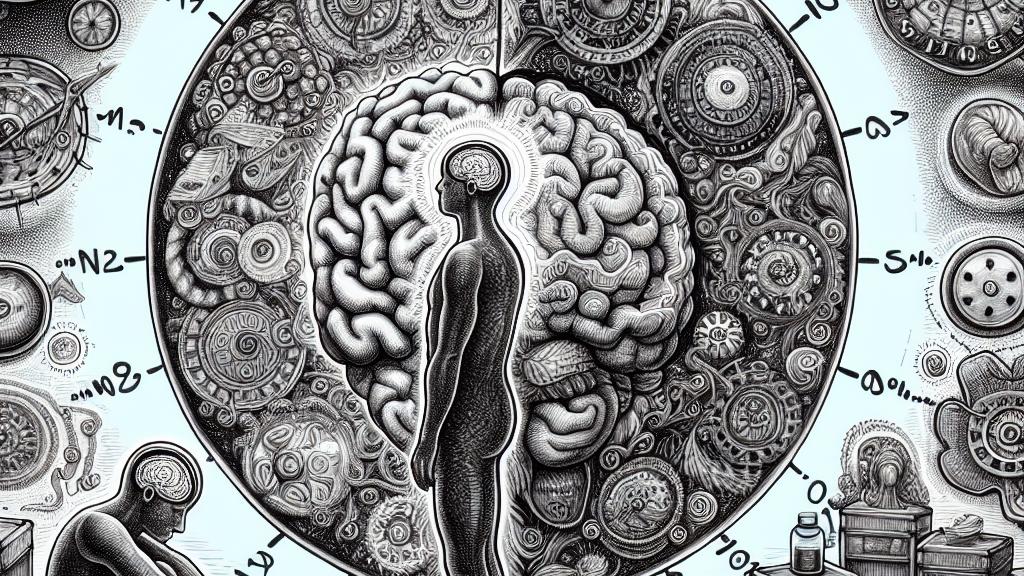How Your Body Adjusts Faster Than Your Brain to Time Changes
Overview
- A groundbreaking study reveals that metabolism adapts more quickly to time changes than our brains do.
- Circadian rhythms can easily be thrown off by travel, rotating shifts, or late-night activities.
- While our metabolism bounces back in days, it takes our brain much longer to recalibrate.

Understanding the Intricacies of Circadian Rhythm
In the UK, a team of innovative researchers uncovered something quite fascinating: our metabolism can adjust to a 5-hour shift in sleep patterns faster than our brains can catch up. Think of circadian rhythms as your body's built-in clock, meticulously regulating sleep, energy levels, and metabolism over a 24-hour cycle. For example, if you travel from New York to London, your body is suddenly faced with a hefty time difference, and this can throw you off. When we encounter disruptions like flying across multiple time zones, staying up late, or having to wake up for early shifts, our brains may lag behind and struggle to adapt. Meanwhile, our metabolism is like an overachieving student, already working to find its balance and ensure we feel okay amidst all that chaos.
Fascinating Insights from the Research Experiment
In this intriguing study, participants were challenged to delay their bedtimes by 5 hours over the course of two days. Researchers meticulously monitored several aspects, such as melatonin levels, often referred to as the 'hormone of darkness,' and subjective feelings of alertness and fatigue. For instance, on day two, many participants reported feeling noticeably sleepier in the evenings, as though their internal clocks were desperately trying to reset. However, in a remarkable twist, while the brain took its time to recalibrate, metabolic changes were already blossoming. Energy expenditure began to adjust, fat processing recalibrated, and all of this occurred within days. It's almost like a race, where the body is sprinting ahead, leaving the brain lagging behind—a striking contrast that showcases the efficiency of our physical systems.
Relevance to Everyday Life and Practical Takeaways
The implications of this study are not just a fascinating scientific discovery; they resonate deeply with anyone who frequently travels or works irregular hours. Jet lag, for example, can make us feel groggy and out of sync, even when our bodies are functioning optimally. Therefore, if you’re grappling with sleep issues or a hectic travel schedule, remember that your body might catch up faster than your mind. This insight is powerful! By establishing a consistent sleep routine, minimizing sudden shifts in sleep times, and managing light exposure, you can help both your brain and body work in harmony. Thus, while our metabolism may be quick on its feet, we must actively support our brains to align with our bodies, fostering optimal health and well-being in our everyday lives.

Loading...